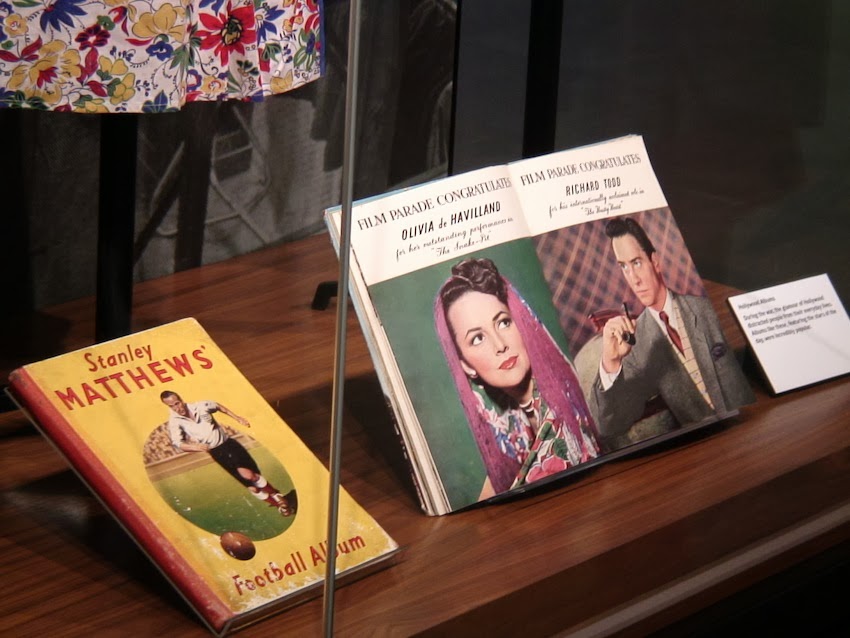STEVEN
What
did you experience?
The
experience I had was a sense of feeling a very intense and dramatic,
but also entertaining piece of Theatre and performance. You felt an
warmth of emotion wash over you from when the play began until the
ending curtain started falling, as it encaptured you and become part
of your life and we became part of their lives, experiences and their
sad but in no doubt eventful journey.
What
did you like?
I
liked the intensity of it, how the scenes transitioned and how good
the designs of the sets were and also I loved the characters, in how
they acted and performed so well, and so real, really making you feel
like they were experiencing and going through that personal journey
with them. But what I enjoyed the most was the story, the script,
what happened within, and the journey we went on with the characters
which really made it feel powerful, wonderful and quite beautiful to
watch.
What
could be better?
I
don’t really think anything could have been done better, as I
thought it was an excellent performance, from start to finish.
Would
you recommend it and why?
I
would definitely recommend it to others, but will say at times it can
be quite hard to watch, and some scenes are emotional. But in terms
of mental health I think it’s a good play to watch, as you can
maybe grasp more understanding, and see where we have come from in
terms of treatment and how we see mental illness, but generally all
round it was a well performed piece which many others would enjoy and
benefit from seeing I believe.













































